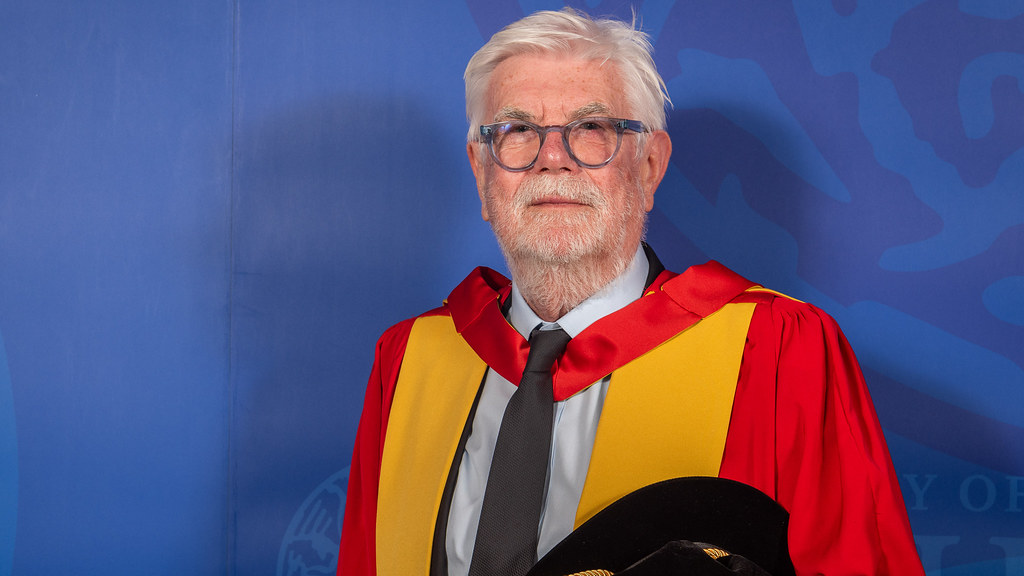Pro-Chancellor, Richard Mills has been pioneering a better understanding and acceptance of autism since he started working in the NHS in the late 1960s – which reflects 45 years of dedication and commitment to supporting autistic individuals. Richard has led on the development of support for autistic people such as the SPELL framework that is widely used in schools to support autistic children. Richard was also integral in developing the Synergy programme which focusses on supporting parents and teachers to create the best environment for autistic people to thrive within. Crucially, therefore, Richard’s work aligns with the neurodiversity movement that shifts attention away from the negative aspects of neurodivergences such as autism and towards their positives, and away from neurodivergences themselves towards the social contexts that turn neurodivergence into disability. Richard has been extremely influential in developing governmental policy around autism. Richard was a founder member of the committee that set up the All-Party Parliamentary Group on Autism which led to the AUTISM ACT in 2009. This was the first condition-specific piece of legislation in the UK, ensuring access to support for autistic people and their families and allies. Richard was then part of the group that developed the National Institute for Health and Care Excellence (or NICE) guidelines for autism first published in 2012 and updated in 2018. These place the UK at the vanguard of autism policy globally.
During this time Richard has also been the Research Director of two leading autism institutions, the National Autistic Society and Research Autism as well as a Trustee of two leading autism charities, the John and Lorna Wing Foundation and AT-autism – indeed, it is through Richard that the department of psychology has the AT-autism prize for best autism-related undergraduate piece of work, which is awarded annually. Through these roles, Richard has been a leading light in guiding the autism research agenda, both nationally and internationally. Richard has authored many, many autism-related publications and inspired many of the next generation of autism researchers.
The Centre of Applied Autism Research (or CAAR) at the University of Bath is an internationally leading research centre focussed on the applied issues that impact on autistic people’s lives. Richard has been integral in developing our international collaborations, not least the development of our sister research centre in Japan, J-CAAR. With Richard’s support we have developed globally leading research in supporting autistic strengths, supporting autistic people’s mental health and supporting autistic individuals in the criminal justice system. Richard has been a leading light in autism research for almost five decades and it has been a privilege to work with him at CAAR.
Richard is known by absolutely everyone in autism research and practice and he is incredibly generous in supporting early career researchers to benefit from these links. Through Richard’s professional practice, his policy work and his research, the lives of autistic people are immeasurably better now than they were when Richard started out in his career. There is still a long way to go, of course, and the fact that the autistic community, practitioners, researchers and politicians are so well-placed to continue working towards a fully equitable and inclusive world is testament to Richard’s influence and impact.
Pro-Chancellor, I present to you Richard Mills who is eminently worthy to receive the Degree of Doctor of Clinical Psychology, honoris causa.
